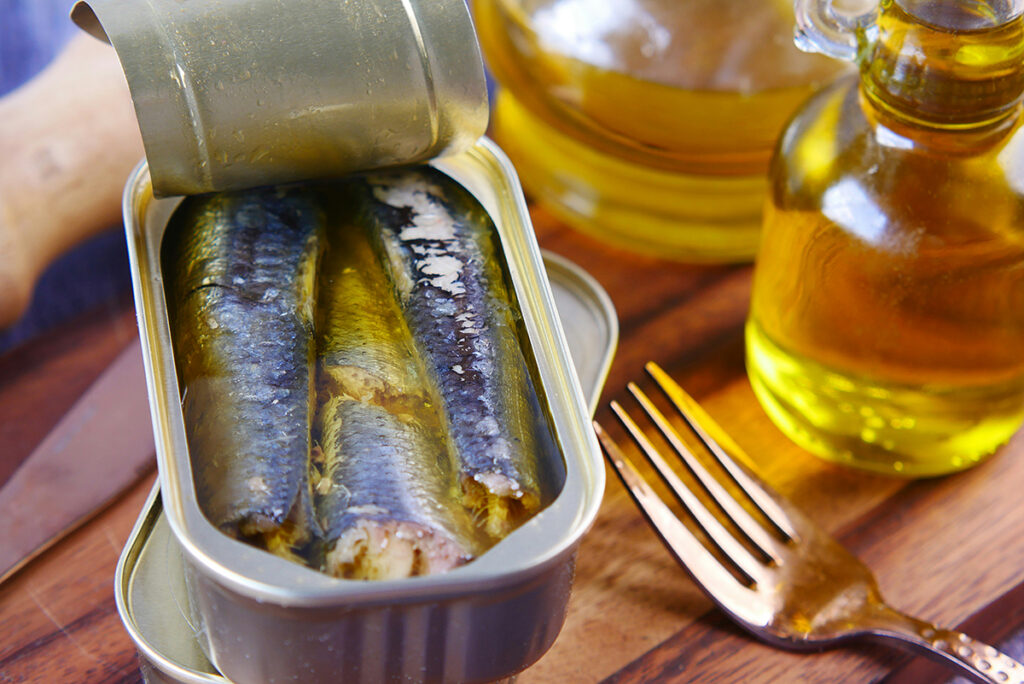Dendritic cells (DCs) play a crucial role in the immune system by migrating from tissues to lymph nodes to activate the immune response. Various factors, including dietary fatty acids, influence DC function. DCs actively participate in lipid metabolism by absorbing fatty acids from surrounding adipose tissue, particularly during immune stimulation.
Adipose tissue around lymph nodes (perinodal) specializes in interacting with immune cells, providing them with necessary fatty acids to sustain their functions, especially during infections. For instance, during Helicobacter pylori infection, adipose tissue surrounding the stomach exhibits an increase in T and B lymphocytes.
The exchange of fatty acids between adipose tissue and dendritic cells is crucial for providing cells with energy and building DC cell membranes. After fulfilling their function in lymph nodes, DCs may die, and their remnants are cleared by other immune cells, further contributing to fatty acid exchange in the immune system.
Researchers from the Open University of the United Kingdom investigated how diets with different fatty acids affect adipose tissue function around lymph nodes and how changes in adipose tissue influence immune processes.
Adult male rats were used for the study:
- Group 1 received standard feed containing 4.25% fat.
- Group 2 received feed supplemented with 20% sunflower oil.
- Group 3 received feed supplemented with 20% fish oil.
In Groups 2 and 3, fat content increased to 24.25%.
Half of the rats in each group were subjected to chronic immune disruption by injecting 20 mg of lipopolysaccharide (LPS) into the hind legs in the area of the popliteal lymph nodes three times a week for two weeks. At the end of the experiment, researchers examined changes in the number of dendritic cells in three types of adipose tissue: perinodal, mesenteric, and visceral.
Sunflower Oil Led to An Increase in Popliteal Lymph Nodes
The effects of LPS stimulation were minor and independent of diet. LPS injections induced only mild local inflammation but did not trigger a significant systemic immune response, including prolonged fever, anorexia, or exhaustion. The LPS dose was less than 10% of that typically used to induce fever. Therefore, it is unsurprising that all rats gained some weight during the experiment, with slightly more weight gain observed in those fed fish oil.
Adding fish oil and sunflower oil affected the sizes of lymphoid tissues and lymph nodes. In each group, popliteal fat deposits were significantly larger in rats receiving LPS stimulation. A diet with sunflower oil caused a more pronounced increase in popliteal lymph nodes compared to a diet with fish oil by 25% versus 15%. Popliteal lymph nodes similarly increased even without LPS injection. Changes in mesenteric lymph nodes were minimal and statistically insignificant.
Sunflower Oil Increased Dendritic Cell Counts in Adipose Tissue
Experimental diets altered the number of dendritic cells in adipose tissue to the same or greater extent as LPS stimulation. The sunflower oil diet increased the number of DCs in the popliteal perinodal fat, while the fish oil diet reduced the number of DCs in this tissue, confirming the anti-inflammatory action of omega-3 fatty acids.
In rats consuming sunflower oil:
- The number of DCs in all lymph nodes, except mesenteric ones, was 17-18% higher without LPS stimulation.
- The number of DCs in all other adipose tissue samples was also higher – by 25-29% in perinodal samples of intra-abdominal fat deposits. These values exceed the increase caused by LPS stimulation.
Conclusion
Diets rich in fish oil and sunflower oil have different effects on the distribution and number of dendritic cells in adipose tissue around lymph nodes. Fish oil reduces inflammatory reactions and the number of DCs near stimulated lymph nodes, while sunflower oil increases the number of DCs and may lead to mild inflammatory reactions even without direct immune stimulation. Sunflower oil enhances immune activity.
Fat-rich diets characterized by a meager ratio of omega-3 to omega-6 fatty acids are widespread in developed countries and are associated with various immune function disorders. Such diets increase the content of DCs in intra-abdominal and peripheral fat deposits surrounding lymphoid tissue.
A higher number of dendritic cells in perinodal adipose tissue may facilitate HIV penetration into lymph nodes and the transfer of HIV to non-immune cells, such as adipocytes. HIV can persist in adipocytes for extended periods. Therefore, a diet rich in omega-6 fatty acids may predispose to HIV infection and its complications.
The progression of viral infection can be regulated by a diet containing fish oil, rich in omega-3 fatty acids, which prevent virus penetration and spread. A diet rich in fish oil may be beneficial for managing inflammatory diseases and immune disorders.
Useful article, necessary information? Share it!
Someone will also find it useful and necessary:



